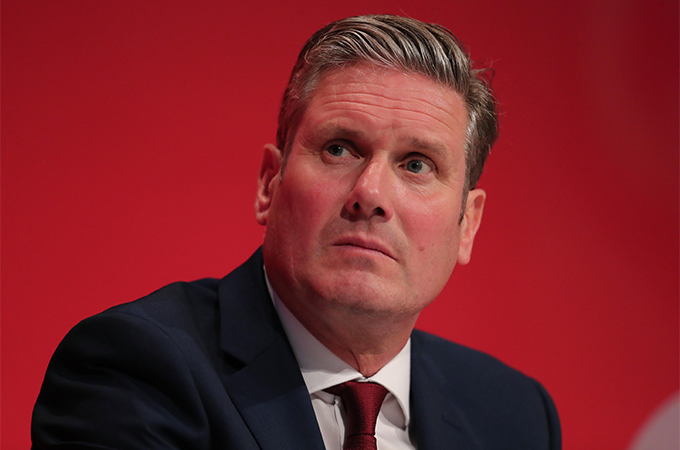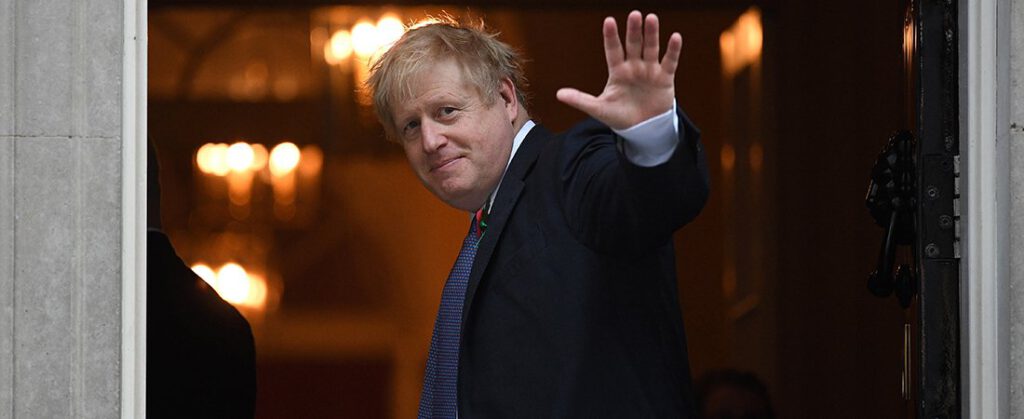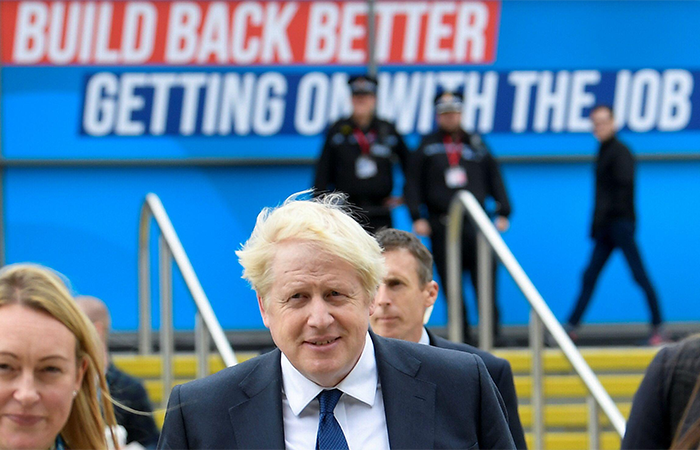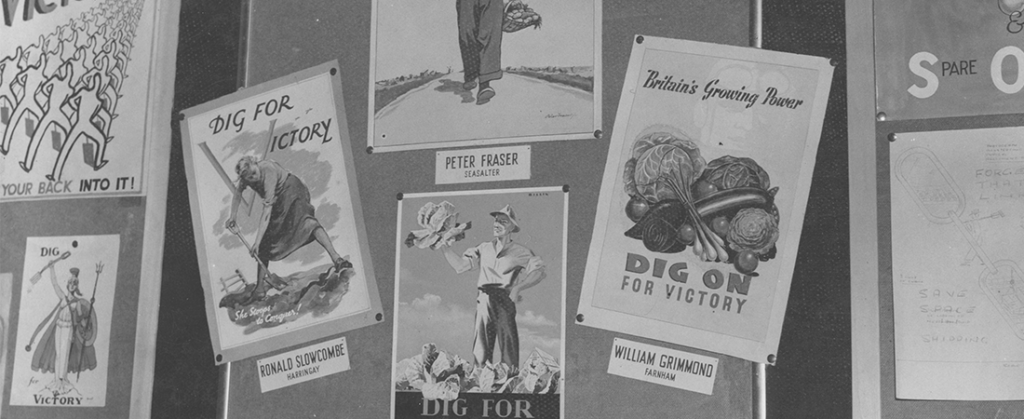Keir Starmer and his top team will be leaving Brighton feeling relatively pleased with the outcomes of his first Labour Party Conference as Leader.
While the mood has markedly transformed since 2019, with moderates out in full force and feeling optimistic about the future, the main takeaway is that the Labour Party is still very much concerned about the inner workings of the Labour Party.
The general feeling is that Starmer, while clever and competent, will be a ‘transition’ Leader; delivering on the internal reforms needed to make the party electable for whomever comes next.
Already there are acknowledgements – both from MPs and activists – that he is not a Prime-Minister-in-waiting. Nevertheless, they will continue to support him to get the job done, demonstrate that Labour can deliver and ensure the viability of the Party for the future.
Starmer’s speech was well received, with some well-crafted jokes and responses to hecklers, but it was relatively light on policy, and in fact, policy announcements were distinctly un-radical and uninspiring.
It was used however, as a chance for the Leader to demonstrate two things – who he is and what he stands for; and how his leadership will shape the Labour Party for years to come.
This very personal speech sought to put forward his more human side. He spoke of the pillars which define his principles – justice, work, care, equality and security – a cornerstone of his premiership going forward and a marked difference, separating his leadership from Corbyn’s.
And it was by no means an olive branch to members on the left. It was confirmation of a battle that is still raging – particularly in the midst of a very public and attention-seeking resignation from Andy McDonald – and one which he is prepared to meet head on.
However, no doubt the left will continue to be a thorn in his side while he seeks to rebuild the Labour Party and the relationship it has with voters, making it credible and electable for the future (and for the future Labour Prime Minister).
But it’s not all doom and gloom.
While it wasn’t necessarily the most spectacular of conference appearances, he proved himself to be a more effective back-room operator than many thought, asserting his authority and determining the direction of the party for the next few years.
This includes speaking with pride about the achievements of the last Labour Government – and even listing those achievements in a room where certain names and word associations have been banned from the floor for a number of years.
Most importantly, he secured crucial changes to the Labour Party rule book:
- Requiring 20% of MPs to back a candidate for leader;
- Preventing registered supporters (rather than members) voting in leadership elections; and,
- Making it harder for local parties to trigger reselections.
And while the public may not care or understand why these are important, the rule changes are crucial to the future success of the Labour Party and are seen as the beginning of end of the left – a line in the sand of the Corbyn era.
And, as a result of these changes, MP selections have begun; ensuring a suitable – and more electable – set of candidates at the next election.
It is also rumoured that Labour’s relationship with trade unions is also set to be examined by Starmer’s strategy advisers – another fight to watch out for in the coming months.
And while policy announcements were light, it was interesting that the policy that received the most media attention was Shadow Chancellor Rachel Reeves promise to scrap business rates.
Suffice to say Reeve’s pitch around the ‘everyday economy’ and fiscal prudence was well received in the hall and across conference. As Labour tries to rebuild its fiscal credibility and relationship with business, this will have been music to the ears of the Labour hierarchy.
By and large, Starmer and his team will be pleased with how conference went, but the question remains – will this relatively successful conference, translate in the polls?
Now it is about using his platform to respond to crises, challenge the Government and bring the Labour Party back to a place where it is viewed by the public, as a genuine contender to be in power and govern.






